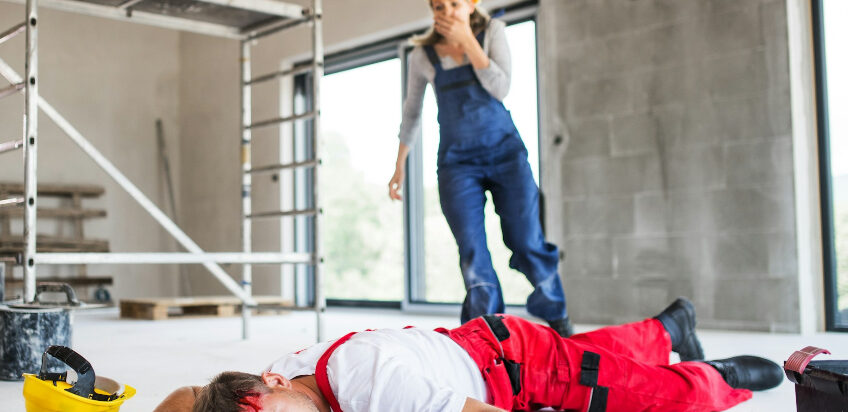Workplace safety has improved significantly over the years, but tragic accidents still occur far too often—especially in high-risk industries such as construction, manufacturing, and transportation. When a worker dies due to unsafe conditions or employer negligence, surviving family members face not only emotional devastation but also serious financial challenges. In New Jersey, the law provides pathways for families to seek justice and compensation through wrongful death claims and workers’ compensation death benefits. Understanding these options is crucial for holding negligent parties accountable and ensuring that families receive the support they deserve.
Common Causes of Fatal Workplace Accidents
Fatal workplace accidents in New Jersey happen across many industries, but certain hazards are especially common. The most frequent causes include:
- Falls from heights: One of the leading causes of workplace fatalities, especially on construction sites. Defective scaffolding, missing guardrails, or lack of harnesses often contribute to deadly falls.
- Struck-by accidents: Workers hit by falling tools, heavy machinery, or vehicles often suffer fatal blunt-force injuries. These accidents frequently occur when safety protocols are ignored.
- Electrocutions: Contact with live wires, malfunctioning electrical equipment, or power lines can cause deadly shocks or burns.
- Caught-in or crushed accidents: Employees can be trapped between machinery, vehicles, or collapsing structures. These incidents often result in catastrophic trauma or instant death.
- Exposure to toxic substances: Prolonged contact with chemicals, gases, or other hazardous materials can lead to fatal respiratory illnesses, poisoning, or cancer over time.
In many of these cases, proper safety training, equipment maintenance, and hazard communication could have prevented the fatal outcome.
Legal Options for Families After a Workplace Death
When a worker dies on the job, families may pursue two main forms of compensation:
Workers’ Compensation Death Benefits:
Under New Jersey’s workers’ compensation system, dependents of the deceased worker—typically a spouse, children, or sometimes parents—may receive financial benefits. These benefits cover:
- A percentage of the worker’s lost wages, up to a state-mandated maximum.
- Funeral and burial expenses, up to a certain limit.
- Continuing support payments to dependent family members.
Workers’ compensation is a no-fault system, meaning the family does not need to prove employer negligence. However, it also limits recovery to financial benefits only—families cannot claim pain and suffering or punitive damages through this system.
Wrongful Death and Survival Actions:
If the death was caused by someone’s negligence, recklessness, or defective product, the family may file a wrongful death lawsuit against the responsible party. This claim can be made against third parties, such as contractors, equipment manufacturers, or property owners, even if the deceased was covered by workers’ compensation.
Damages in wrongful death claims may include:
- Loss of financial support the deceased would have provided.
- Loss of companionship, care, and guidance.
- Medical and funeral expenses not covered by insurance.
- In some cases, punitive damages for egregious misconduct.
Proving a Wrongful Death Claim
To succeed in a wrongful death case, the plaintiff must show that the death resulted from another party’s negligence or wrongful act. Evidence such as safety inspection reports, accident scene photos, witness statements, and expert testimony is often used to establish fault. For instance, if an employer ignored OSHA safety regulations or failed to provide adequate protective equipment, that negligence could serve as the foundation of a wrongful death claim.
Why Legal Guidance Is Essential
Workplace fatality cases can be legally complex, involving multiple parties, insurance companies, and overlapping laws. A skilled New Jersey wrongful death attorney can investigate the accident, identify all sources of compensation, and handle communications with insurers. Most importantly, an attorney ensures that the family’s rights are protected during a time of grief and uncertainty.
Conclusion
The loss of a loved one in a workplace accident is a tragedy that no family should endure alone. In New Jersey, families have the right to pursue justice through both workers’ compensation and wrongful death claims. These legal avenues not only provide essential financial relief but also help ensure that negligent employers and third parties are held accountable. By seeking legal action, families honor their loved one’s memory while promoting safer workplaces for others in the future.
